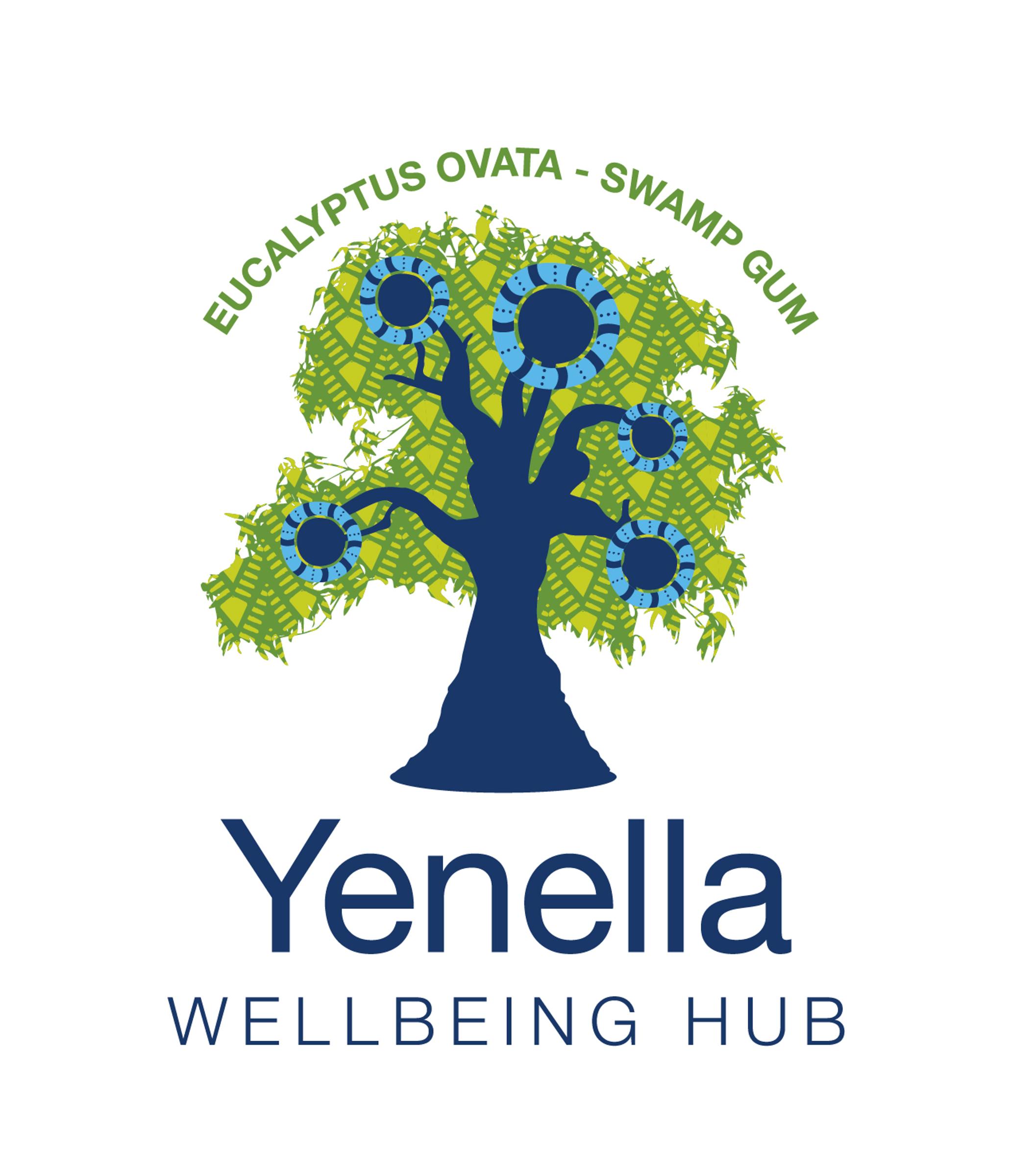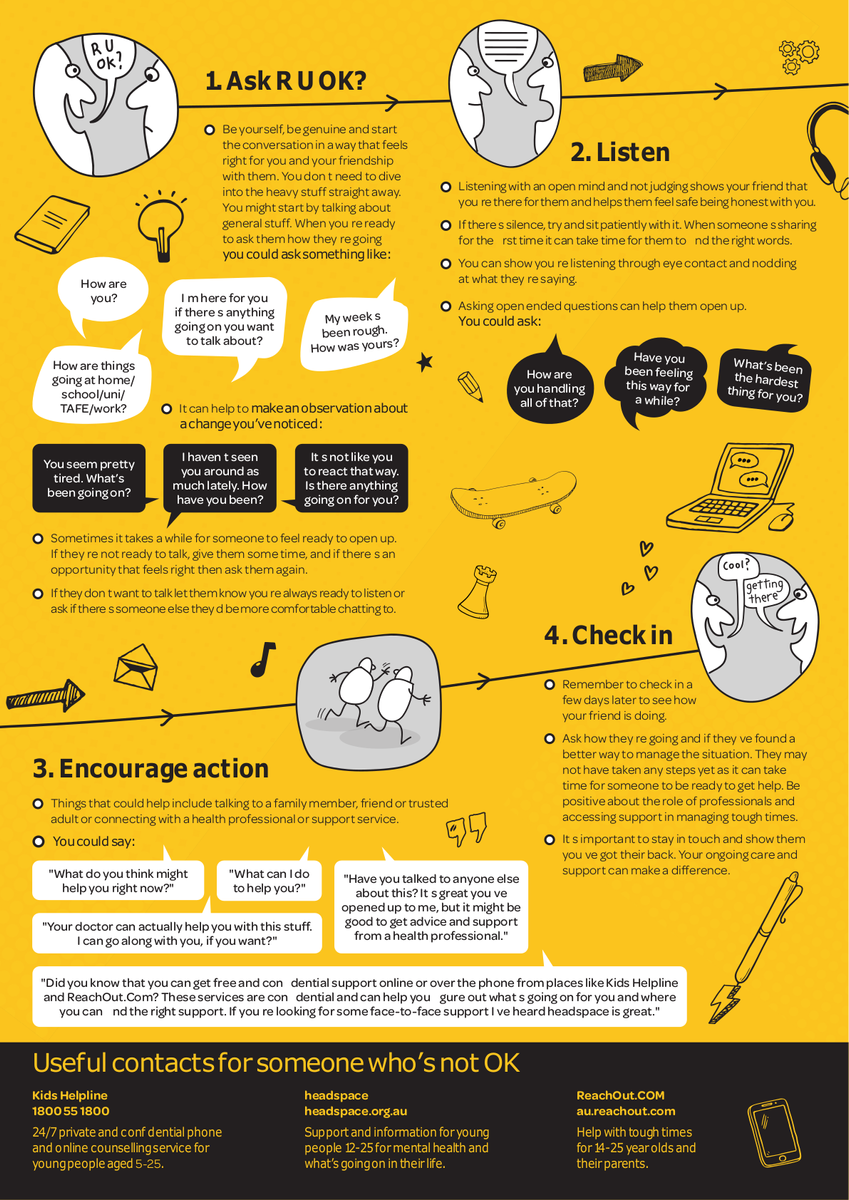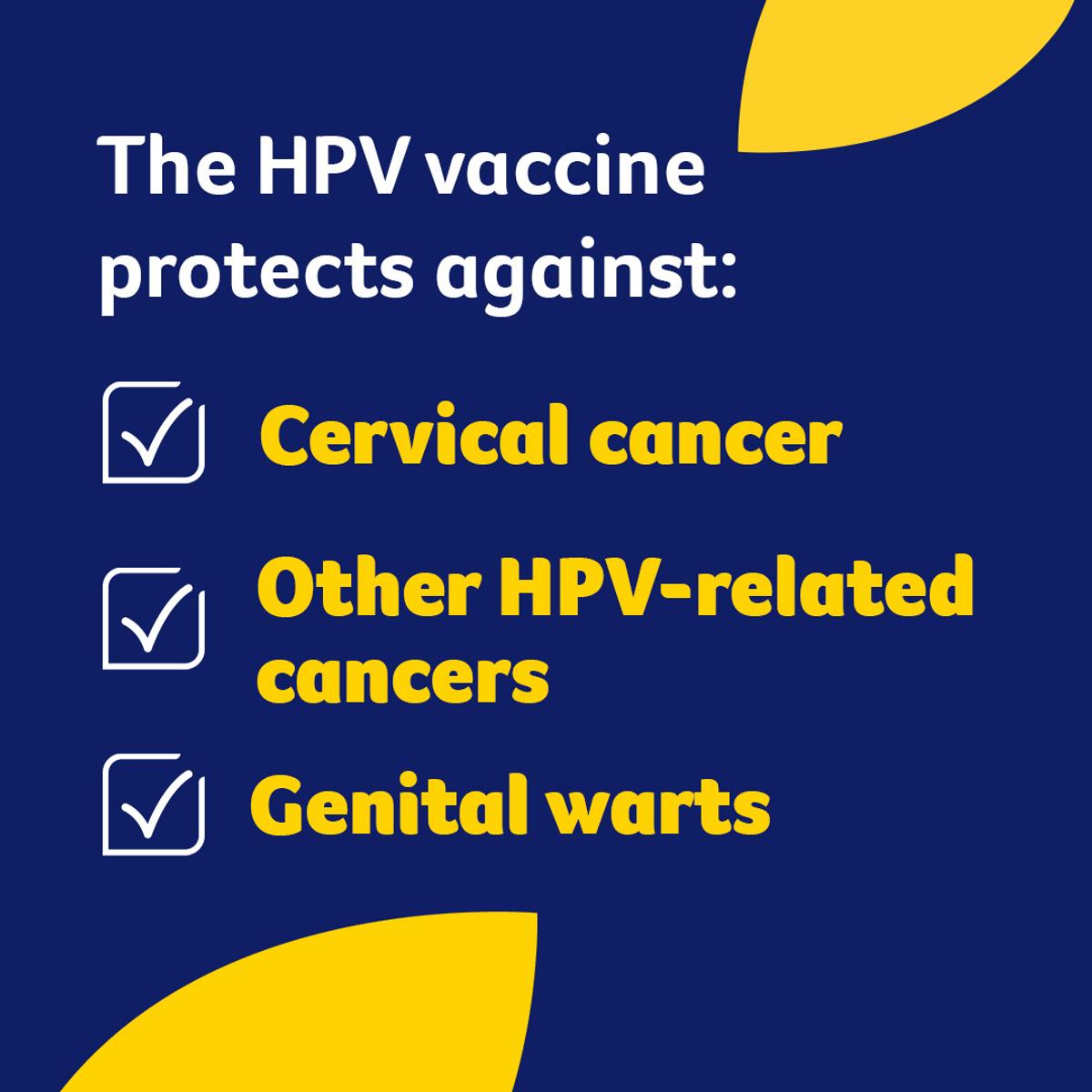Wellbeing

R U OK? Day 2023 held on Thursday 14th September, is our National Day of Action when we remind Australians that every day is the day to ask, ‘are you OK?’ and start a meaningful conversation whenever they spot the signs that someone they care about might be struggling with life. R U OK? contributes to suicide prevention efforts by encouraging people to invest more time in their personal relationships and building the capacity of informal support networks – friends, family and colleagues - to be alert to those around them, have a conversation if they identify signs of distress or difficulty and connect someone to appropriate support, long before they're in crisis.
Got a feeling that someone you know or care about it isn’t behaving as they normally would? Perhaps they seem out of sorts? More agitated or withdrawn? Or they’re just not themselves. Trust that gut instinct and act on it. Learn more about the signs and when it's time to ask R U OK? here.By starting a conversation and commenting on the changes you’ve noticed, you could help that family member, friend or workmate open up. If they say they are not OK, you can follow our conversation steps to show them they’re supported and help them find strategies to better manage the load. If they are OK, that person will know you’re someone who cares enough to ask.
Missed out on the HPV vaccine? Catch up for free and protect your health!
The HPV vaccine protects against nine types of HPV that cause almost all cases of cervical cancer, other HPV-related cancers and genital warts.
Australians aged 12 to 25 can receive the HPV vaccine for free through the National Immunisation Program. If you or your child are 25 and under and missed out on the HPV vaccine, you can schedule a free catch-up dose through your doctor, local council immunisation service or some pharmacies.
Find out more about the HPV vaccine and how to catch up at www.hpvvaccine.org.au
Butterfly Foundation is inviting all young people aged 12 - 18 to share their views about body image and their ideas on what needs to change to create a more Body Kind Australia. The annual Body Kind Youth survey is voluntary, anonymous, online, and ethics approved. It takes around 15 minutes to complete and requires parental consent for under 15's. Help Butterfly help more young people to be kinder to their body and encourage your child to take part. They can enter the draw to win a gift voucher when they participate. To find out more and to access the survey visit: www.butterfly.org.au/bkyouthsurvey/parents
UPCOMING PARENT WEBINARS
SUPPORTING TEENS TO EAT WELL IN A FOOD CONFUSED WORLD
ABOUT THIS SESSION:
Helping our teens eat well can sometimes feel challenging in a culture where there is so much confusing information about food, eating and diets. Butterfly, as part of our Body Kind Families initiative, is teaming up with Accredited Practicing Dietitians Meg McClintock and Susan Williams to offer guidance on helping your teen towards a balanced and healthy relationship with food.
Format: Via Zoom. Time-limited recording available
Length: 1hr, plus 15 minutes for questions
Date: Tuesday, 12th September 2023
Time: 7pm - 8.15pm (AEST)
Cost: FREE
Suitable for: Designed for parents of teens but all care-givers welcome.
You will explore:
- Why charting a healthy course in a food confused diet culture can be so hard
- Figuring out problematic diet information vs helpful information
- Impact of body image on eating and diet behaviour
- The differences between eating for health vs eating for weight or shape control and why it matters
- The risk of teenagers dieting regardless of body size
- Helping our teens stay in touch with their appetite and trust their body through puberty and beyond
- Troubleshooting common teen food dilemmas:
- Eating too much 'junk' food
- Eating to 'bulk-up'/high protein diets
- Wanting to go vegetarian/vegan
- Not eating at school.
LET'S TALK BODY CONFIDENT CHILDREN AND TEENS
ABOUT THIS SESSION:
With a focus on prevention, this session provides information and practical tips to help parents better understand and promote positive body image in the home.
Format: Live Virtual Presentation using Zoom (time-limited recording available)
Length: 1hr, plus 15 minutes for questions
Time: 7pm - 8.15pm (AEST)
Cost: $15.00
Suitable for: Carers of primary and secondary age children. Please note this session is not designed for children to attend or for those caring for someone with an eating disorder.
You will explore:
- Overview of body image and the importance of prevention
- Key influences on body image, including social media
- The impact of diet culture and weight stigma
- Reducing appearance talk and how to respond when a child expresses negativity towards themselves/others
- The power of role modelling positive body image and healthy behaviours
- Understanding warning signs and the importance of early intervention
- What to do if you are concern
TEENAGE PARTIES - ensuring your teen stays safe if they're attending a party
To discuss with your teenager
As your teen gets older, alcohol is more likely to be part of social events and parties. Ideally, parents should try to have a conversation about alcohol before their child has been exposed to it. Being invited to a party can be a good time to start this conversation with your child. It’s important to talk to your teenager about the harms related to alcohol use. Positive Choices has many resources to help you with this. Read our alcohol factsheet, watch our webinar, or ask your child to watch this 5-minute video about the effects of alcohol on the teenage brain. Let your teenager know your expectations around their use of alcohol. Setting clear rules can help to delay your teenager from starting to drink alcohol and prevent alcohol-related harms. Providing alcohol for your adolescent to take to a party is not recommended. This conveys a positive attitude to alcohol, which increases the likelihood of teenagers starting to use alcohol at an earlier age, as well as having higher levels of alcohol use. If you think your teenager will be drinking alcohol, talk to them about how they can reduce the risk of harm. This can include reminders to:
- never drive or get in a car with a driver who has been drinking
- stay with their friends and don’t wander off alone
- don’t get involved in activities like swimming, riding a bike and other physical sports.
Dealing with peer pressure
Talk to your teenager about what to do if they are faced with peer pressure to drink alcohol or take drugs. It might help to remind them that the majority of teenagers do not use alcohol or drugs. Only 36% of 17-year-olds are “current drinkers”. You can also let them know how many young people in Australia use alcohol or other drugs, to show them that by not using drugs they are part of the majority of young Australians.
See our factsheet making choices to help your teenager think about situations they may face where they have to deal with peer pressure, and some strategies to do this successfully. They can also watch this 2-minute video on how to say no without losing face.
What to do if something goes wrong
It’s important your teenager has some knowledge of what to do if something goes wrong. In particular, will they know when to get help from an adult or even call an ambulance, and what to do if they have to wait for help to arrive? Some tips to help prepare your teenager include:
- repeating safety messages to them before every party. This should be simple, such as instructions to call you or an ambulance if something goes wrong.
- let them know they will not get in trouble if they need help. Make sure to keep your mobile phone on you while your child is at the party.
- remind your teenager that there will be adult supervision, and they should talk to a supervising adult if anything goes wrong.
- remind them that situations can get out of control quickly and that it is best to involve an adult as soon as they feel there might be a problem.
- ask them to look after their friends at a party, especially if there will be alcohol. Ideally, having one person from each friendship group stay sober means there will be someone who can properly look out for others. Ask your teenager to read our factsheet on how to put someone in the recovery position in case one of their friends is unconscious and they need to wait for help to arrive.
To discuss with the hosting parent/s
It’s a good idea to contact the hosting parents to confirm some details about the party. These can include anything you are concerned about, but some recommended questions are below.
Will there be alcohol at the party?
If the answer is yes, let the parents know whether your teenager will still be attending the party and whether or not you give permission for your teenager to drink alcohol.
Will supervision be provided?
Ask the hosting parents about their plan for supervising the party, such as how many adults will be there. Make sure you are satisfied with this level of supervision. If you can help supervise, offer this to the parents.
What time will the party start and finish?
Ask the hosts for a clear start and end time. This will help you monitor transport to and from the party and know where your teenager is if you are not taking them yourself. Plan with your teenager how they will get home after the party, and make sure they have a safe option.
Exchange contact phone numbers
Save the phone number of the hosting parents in case you need to contact them during the party and ask them to save your number as well. During the party, ensure that you keep your phone on you in case your child or the host need to contact you.
Article credit # Positive Choices








